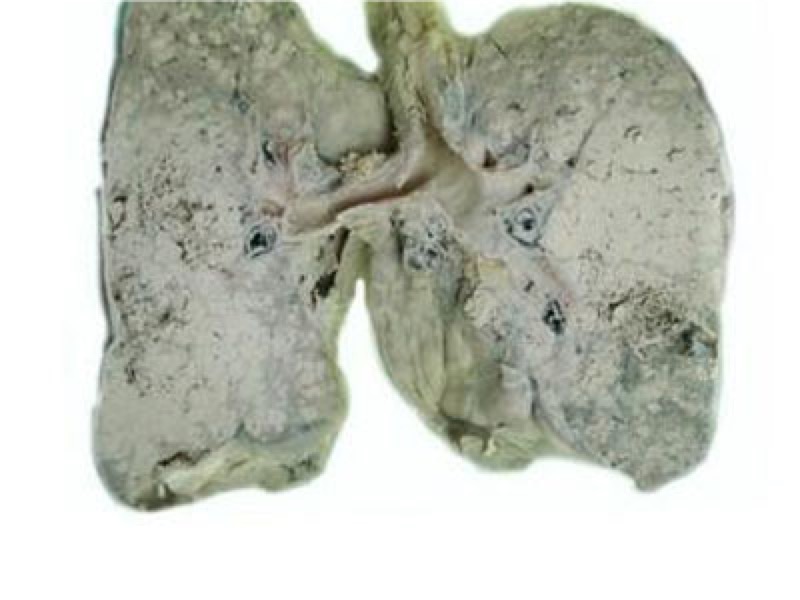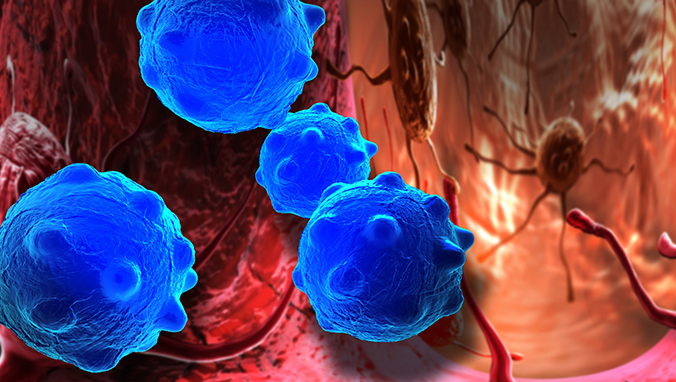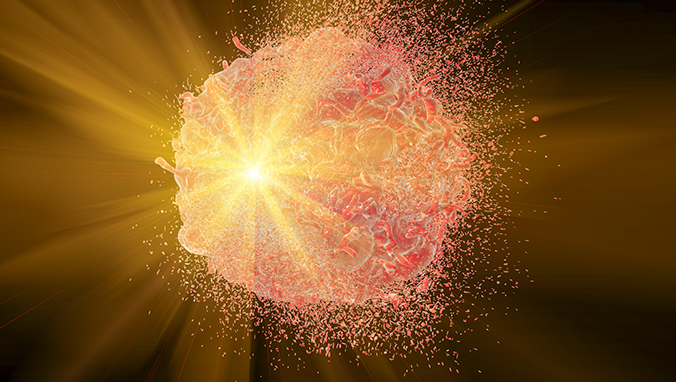2/3 cancer is due to bad luck
Existing studies have known that the risk of an American''s lifelong cancer risk is as follows: lung cancer 6.9%, brain cancer 0.6%, disc bone cancer 0.003%, etc. Some of the differences can be attributed to smoking, drinking, exposure to ultraviolet rays, humans Papillomavirus (HPV), etc. However, it is impossible to explain why the stomach, the large intestine, and the small intestine belong to different parts of the digestive system.
However, when the researchers estimated the number of life-long cells, stem cell ratios and stem cell division times of a person’s 31 organs or tissues based on literature data, and then compared with the actual cancer data, it was found that the two were closely related .
The more cells divide, the greater the risk
Each time a stem cell divides, there is a hidden risk of cancer. Therefore, the more the number of divisions, the greater the risk of cancer. The two are basically linear. . The study found that 22 types of cancers, including leukemia, pancreatic cancer, bone cancer, testicular cancer, ovarian cancer and brain cancer, have a lifetime correlation of 0.81 with the number of stem cell divisions, indicating a high degree of correlation between the two. These randomly induced cancer types account for two thirds of the total number of studies (31 types of cancer).
Researchers advocate early detection methods
Sample studies show that the digestive system is exposed to more environmental toxicants than the brain, and the incidence of brain cancer is higher than that of small bowel cancer 2 Times; the incidence of colorectal cancer is also much higher than that of duodenal cancer. Scientists explain that brain cancer and colorectal cancer cells divide more actively and are more susceptible to cancer.
As for the causes of 9 kinds of cancers, such as colorectal cancer, the research emphasizes that genetic and environmental factors such as bad behavior and exposure to carcinogens are still emphasized. For example, smokers are susceptible to lung cancer, and sun exposure can cause skin cancer. As for those who have not smoked due to long-term smoking or severe sun exposure, it is not because of their "genetic excellence" but pure "luck".
This study shows that “smoking or other unhealthy lifestyle factors can increase the risk of cancer”, so changing these high-risk factors is “greatly beneficial” to prevent certain cancers, but it is May not be valid. Therefore, the joint researcher advocates: "We should put more research and resources to find ways to detect these cancers at an early stage of medical treatment."
Australian expert: blame is too simple luck
< p> The Australian Cancer Association’s Director of Public Policy believes that the incidence of cancer is attributed to “luck and misfortune” and “too simple”. He said that 14,000 people die each year in Australia from cancers that are related to high-risk lifestyles.The British Cancer Research Association also said that a healthy diet such as a balanced diet and less tobacco and alcohol are always the most beneficial to cancer prevention: "Continuously promoting the detection of early cancer diseases and improving treatment methods is of course important, but it helps everyone. Understanding how to reduce the risk of cancer is always the first priority in dealing with cancer."
Doctors: You must still pay attention to environmental risks
Although the medical community has always emphasized the importance of preventing cancer, The doctor of oncology at the Chinese University of Hong Kong Medical Fund pointed out to this newspaper that the research of Johns Hopkins University in fact has "not much discrepancies" with the academic community''s consistent understanding. Its main contribution is to propose that human tissue stem cell division is also Causes of cancer.
Academia has always known that the cause of cancer is "environment plus opportunity". In addition to environmental factors, the more cells divide, the greater the chance of error, especially the faster-growing organs.
He described the breakthrough in this research as focusing on stem cell division, which was rarely paid attention to by the academic community in the past, mainly using statistical analysis to find the correlation between stem cell division and cancer risk Proportionally, the more stem cells in an organ divide, the greater the risk of cancer—there is a stochastic factor for organs with more frequent stem cell divisions (stochastic) factors) are more important, for example, random factors affect the large intestine more than the small intestine where tissue stem cells divide more slowly.
He pointed out that the public often misunderstands the causes of cancer, for example, they think that there will be no lung cancer without smoking, but in fact, the occurrence of cancerous lesions is only "accidental" (by chance), so some people have been smoking without lung cancer, and some people have never smoked but will have lung cancer, which is the reason.
The public has misunderstood and did not know that the "incidental" cause of illness
But he emphasized that environmental factors such as smoking do increase the risk of lung cancer. This study also shows that smokers suffer from lung cancer. Factors and genetic factors are greater than random factors.
Related Articles

- Early symptoms of lung cancer
- 2020-12-17

- Early Signs of Bladder Cancer
- What are the early symptoms of bladder cancer?
- 2020-12-17

- First-line chemotherapy for squamous cell carcinoma
- Squamous cell carcinoma is abbreviated as squamous cell carcinoma, also known as epidermal carcinoma. It is a malignant tumor that occurs in epidermal or accessory organ cells. Cancer cells
- 2020-08-02

- Is the second-grade clear kidney cancer living up to 5 years?
- Nuclear grading is an important prognostic factor for renal clear cell carcinoma and has been included in the WHO classification. Currently, a four-level grading system is generally used. T
- 2020-08-02

- Is metastatic carcinoma easy to metastasize
- Once the cancer has metastasized, it will be very difficult to cure, because many people have lost their lives because of the emergence of cancer, so most people think that cancer is an un
- 2020-08-02

- What does microinfiltrating adenocarcinoma mean?
- Microinfiltrating adenocarcinoma is a type of lung cancer. The reason why it is called microinfiltration means that there is less infiltration around it, which means that it is in the early
- 2020-08-01
